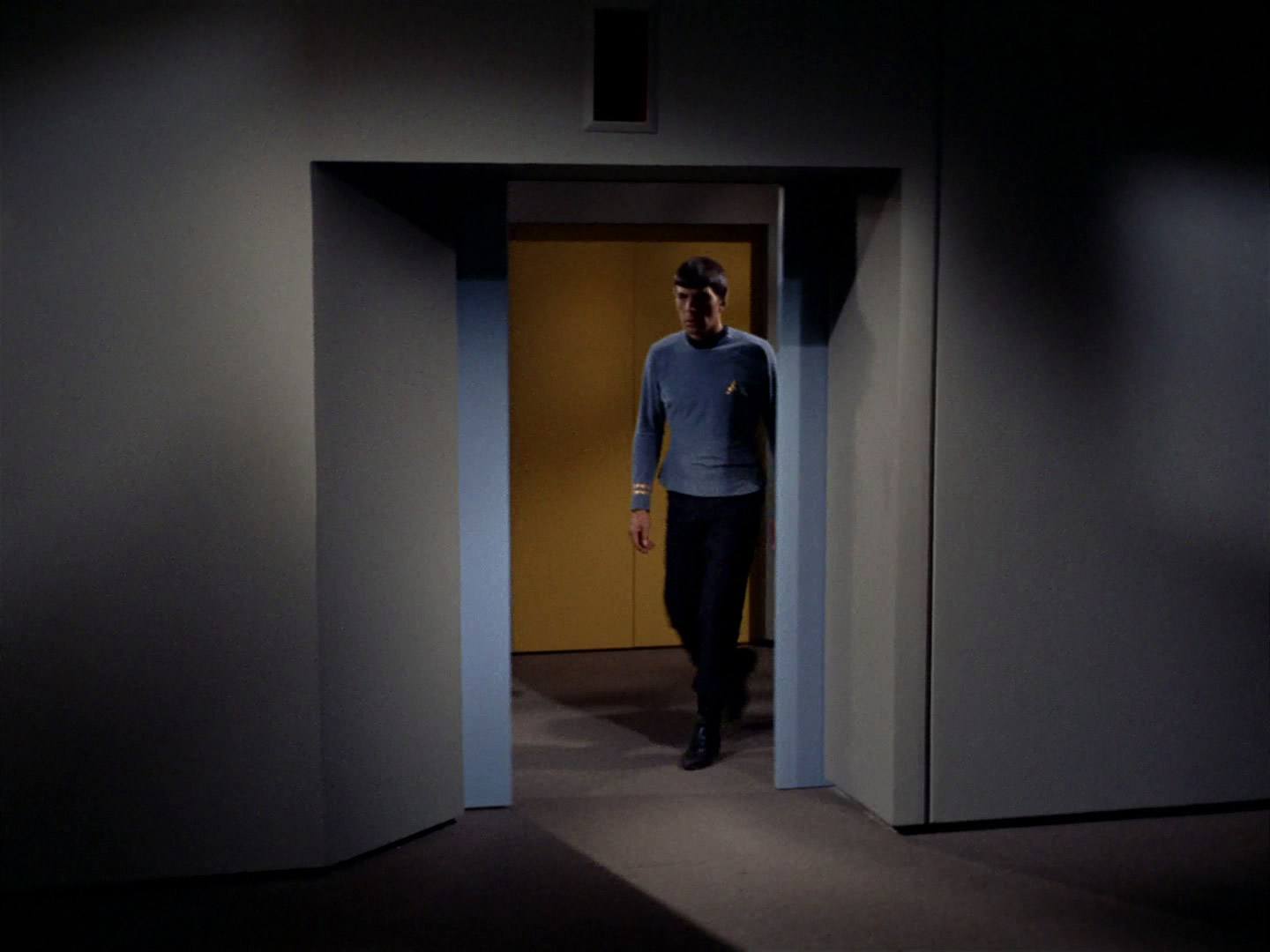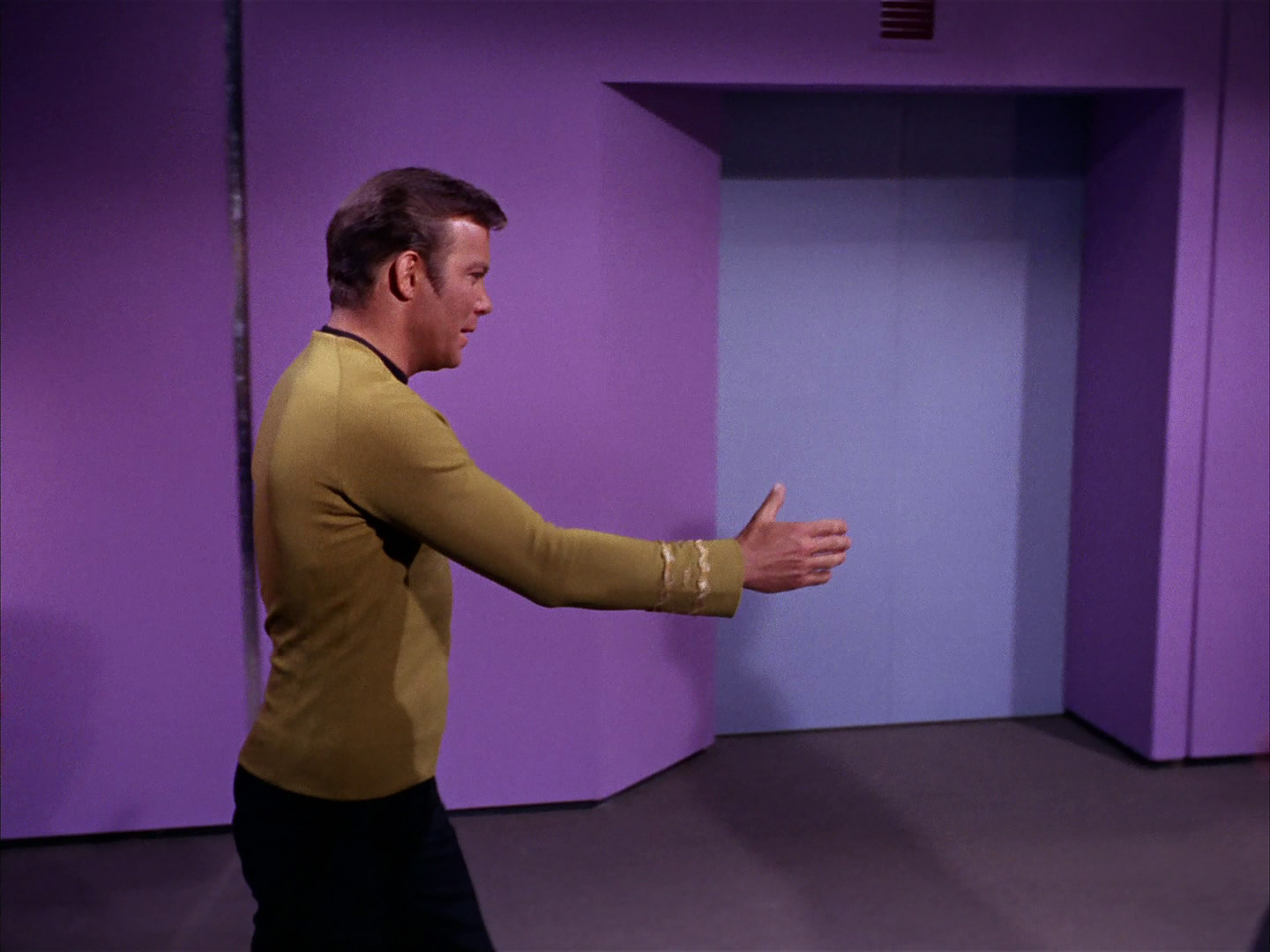When he became producer of Space: 1999, but even then the season wasn't as bad as I though it would be.
TOS/s3 was different, but not bad "just because the Genes weren't there". Freiberger unfairly gets the wrap for a conflux of issues, many of which he had to deal with the best he could. Some had to deal with no budget, so obvious plot issues had to be worked around (e.g. "That Which Survives", not a bad episode but basic questions of why the Kolandant computer didn't conjure up other images -- because they didn't have the budget available, if not time to write around the plot problem before getting it all filmed. Overlook the basic issue and it's still a story that largely works until the big reveal.
Heck, I've rewatched "The Savage Curtain" and "And The Children Shall Lead" more than "A Private Little War", "Patterns of Force" and "A Piece of the Action". Which is amazing as I've only seen ATCSL only when the DVD came out, when the blu-ray came out, and the third time because I was too lazy to change the disc and wanted to revisit the scenes where the kids psychotorture the crew (another classic TOS trope, as far back as early season one as well.) Can't say that about those season 2 clunkers. As a fan of the high-concept psychological horror story "Plato's Stepchildren", that's also nowhere near the worst of season 3. IMHO of course, but I do know a lot hate the story - in a nutshell, that's fandom for ya.
IMHO, it's still a shame that one episode did not get made and the final episodes rushed. S3 had some bad ones, but most of those I'd put over S2's clunkers. S3 is largely enjoyable, and the fanbase of the time was expecting more of the same feel. But even then, seasons 1 and 2 have different feels. Amazing how much of it is still watchable despite all the behind-the-scenes problems. So it could easily have been far worse.
Space 1999/s2 wouldn't have been made at all as it was Fred's convincing the network that more action and Maya would revitalize the show. The season is not perfect, and the bad episodes are truly atrocious, but some were still
good - or at least had potential:
"The AB Chrysalis" feels right out of season one. It's a great reprieve.
"The Beta Cloud", from what I remember, was fairly compelling with how to stop the invading big bad... something didn't quite stand right when watching it last, or I didn't pick up on or had forgotten something. Need to check it out again, later tonight... but it was a tension-filled escapade on stopping the big bad...
"Brian the Brain" would definitely be seen as "atrocious" at the time, but since original airing has maintained an off-the-wall ridiculousness that somehow works when, by any other means, it shouldn't. Would I want every episode to be as dumb as it is campy? No. Nor are there enough actors like Bernard Cribbons to rise above the material to make it watchable.
Even "All That Glisters", despite a few major problems from what I remember, plus a really dumb new supporting character, I can't deny that the basic storyline at least gave inspiration to other sci-fi shows made later using intelligent and/or monstrous silicon-based life forms (e.g. the Ogri, Sopron, Virn's unnamed but vampiric sand-like lifeform) where similar ideas about silicon-based life forms are handled better.







